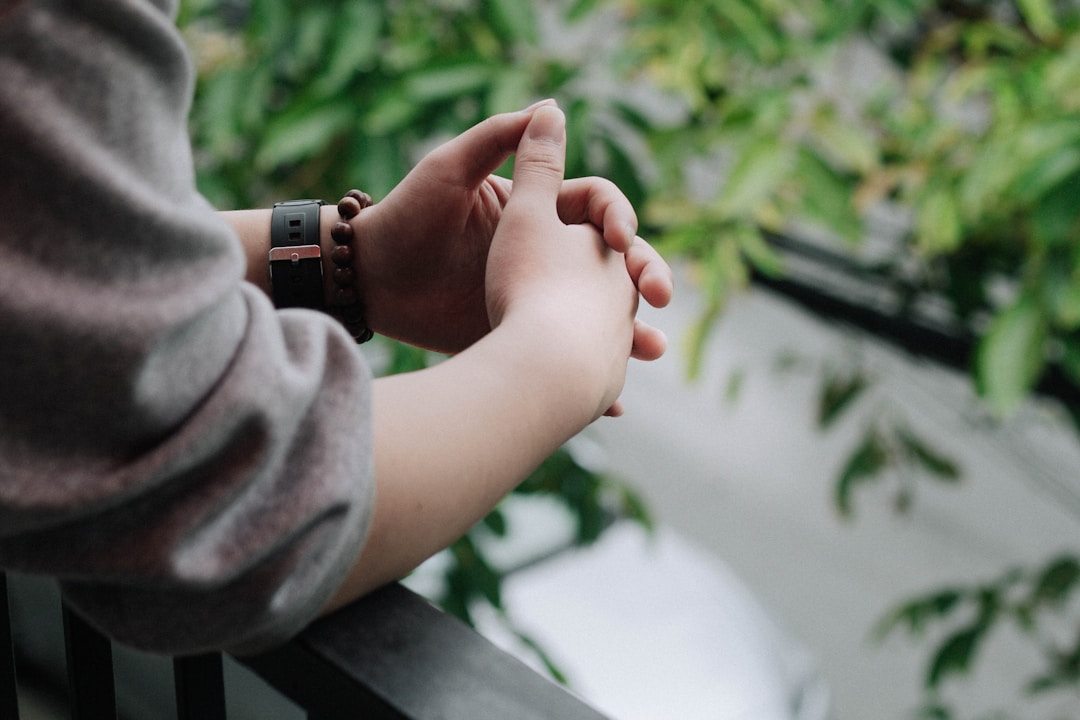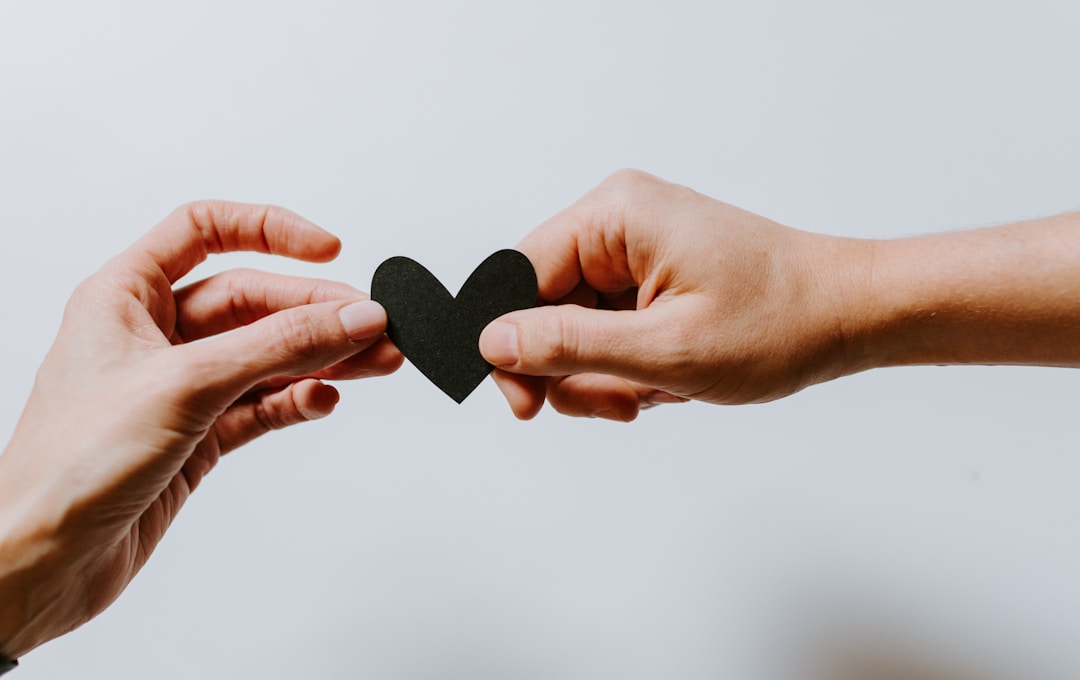The rate and recognition of psychological concerns may have increased in recent years. However, there’s no denying that emotional and psychological issues have been around for as long as humans have—we’ve just gotten better at recognizing and treating them. Just as psychiatrists and other mental health professionals have improved awareness and diagnostic processes, other innovations have appeared in the world of mental health that have transformed and truly revolutionized modern psychiatric care.
Teletherapy

Psychotherapy is one of the most effective tools for entering recovery and starting to feel better when dealing with a mental health condition, substance use, relationship issues, or just a particularly stressful period. Nevertheless, finding the right therapist hasn’t always been an accessible process. In the wake of the COVID-19 pandemic, though, it’s more apparent than ever that teletherapy is a powerful way to make cognitive behavioral therapy (CBT) and other psychotherapist-led resources available to anyone who wants it. So when you set out to find a therapist in NYC, for instance, you’ll find NYC psychologists and other trained mental health professionals who can meet with you through a phone call or Wi-Fi connection. This makes it much easier to find the best therapist for you, cutting back on limitations like cost and availability of transportation.
Accessibility

In mental and physical healthcare alike, accessibility is a crucial issue. Simply existing as someone with a disability or diagnosis is difficult in a world crafted mainly for and by abled and neurotypical people. Today, though, technology has made bounds in making life a little more accessible. Contact solutions like those you’ll find at brightpattern.com, for instance, offer omnichannel communication services like phone calls, web chat, and similar methods. In the past, someone who struggled with phone calls would have no alternative way, save for pushing through or recruiting a loved one to handle the call. Today, though, for the first time, that same person can connect with a customer service agent or a good therapist through text-based chat or other methods, making mental healthcare and life generally a more accessible process.
Self-Help

While psychotherapy and other resources have been made available to more patients than ever, it’s also true that self-help methods are more accessible than ever before. From personal development books, podcasts, and YouTube channels to online courses, those who can’t or don’t want to seek out a new therapist can make the most of alternative resources for coping. If someone doesn’t have a stable Wi-Fi connection, for example, they might not be able to use teletherapy options. They can, however, find books and other materials at their local library to learn how to deal with their mental health concerns or stop and focus on their breath when they feel stress or anxiety rising.
Connection

As significantly as any other innovation, the growing ability to connect with others has done wonders for those with emotional or behavioral concerns. From Facebook groups to TikTok channels, people can now see how others experience the world and connect with those who share their struggles. Despite the disparagement it receives, social media allows users to break through the stigma surrounding mental health and feel less isolated in their symptoms, knowing others are dealing with the same concerns.
While chatting with a mental health provider or fellow OCD sufferer via a social messenger can appear to be a mere alternative to in-person care and connection, these innovations have transformed the world of mental health. Whether they‘re dealing with work stress, substance abuse, or another concern, a person can find the right type of therapist to treat them, share their feelings with someone who truly gets it, and even find resources to aid in creating the most effective treatment plan at home or on the go.











